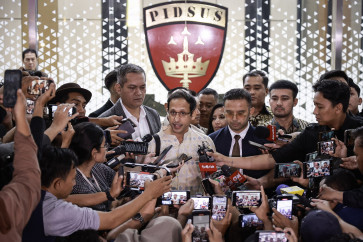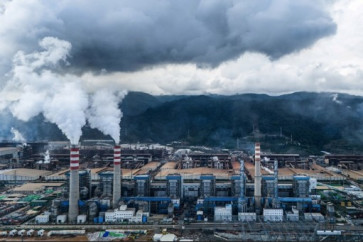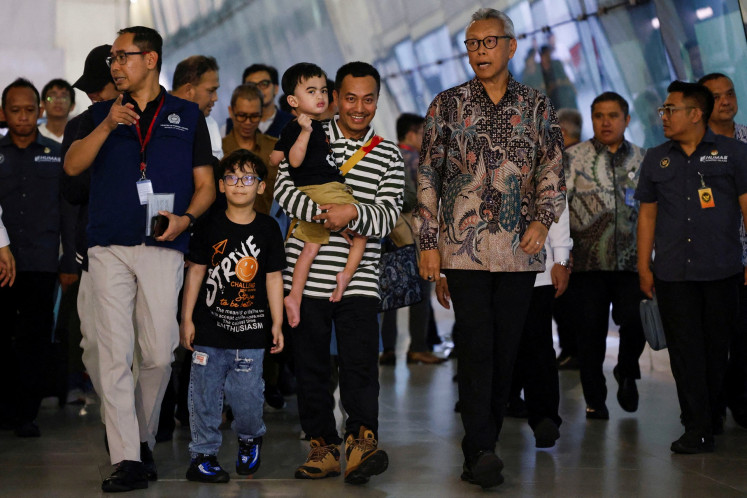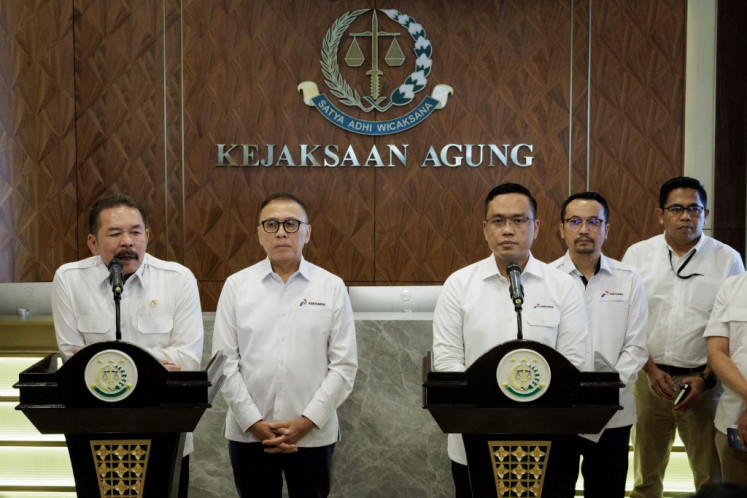Popular Reads
Top Results
Can't find what you're looking for?
View all search resultsPopular Reads
Top Results
Can't find what you're looking for?
View all search resultsRI diplomacy: Putting the ‘rice bowl’ on the table
In a world marked by changing alliances and trust deficits, the intangible assets of diplomacy, while not immediately edible, lay the foundation for sustainable growth.
Change text size
Gift Premium Articles
to Anyone
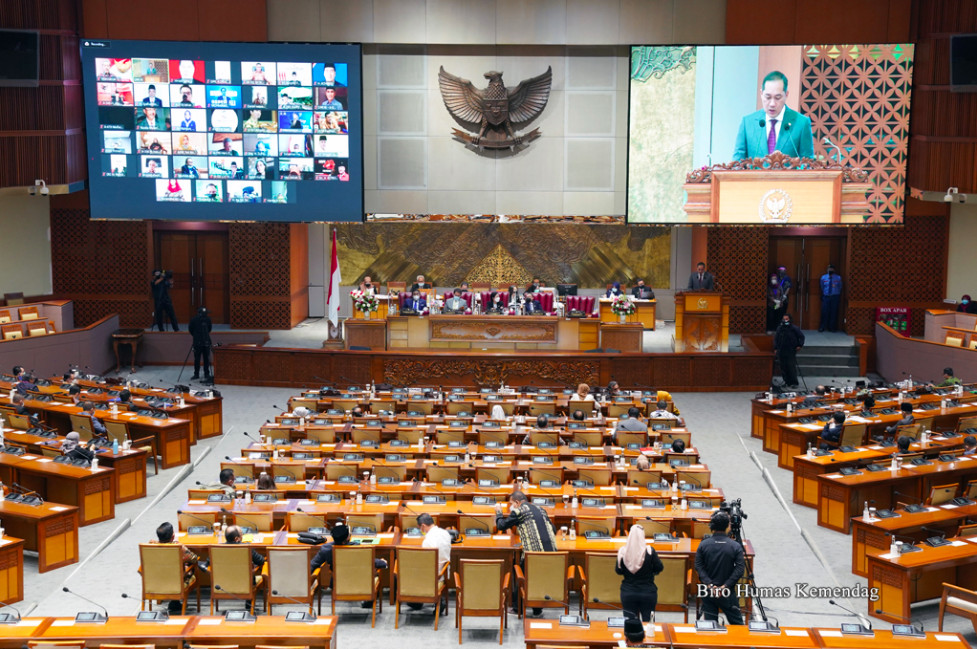
S
andang, pangan, papan (clothes, food, and houses) are considered the fundamental needs of life according to ancient Javanese wisdom, a culture to which President Joko “Jokowi” Widodo belongs.
Rice, a staple food in Javanese culture, naturally finds a place in this proverb. In his recent State of the Nation address, Jokowi challenged this status quo by emphasizing that international collaboration was key to economic growth, which, in turn, improved overall prosperity.
He underscored that economic development was not determined by a singular aspect of policy but by a network of interconnected strategies.
Amid a shifting geopolitical landscape marked by challenges such as the Russian-Ukraine war and lingering United States-China tensions, it becomes imperative to recognize Indonesia's strategic foreign relations endeavors under Jokowi's leadership.
He astutely acknowledges that robust international cooperation is needed to position Indonesia as a key prominent geopolitical player. Such a status affords Indonesia more leverage, ultimately contributing to the nation's prosperity.
Yet, for a nation historically intertwined with intricate domestic concerns, the broader implications of international endeavors are occasionally overlooked.
A segment of the populace, channeling Jokowi's own words, resonates with the sentiment that "trust is inedible".
Such perspectives underscore the pressing need to tangibly bridge global efforts with local realities. Critics argue that the budget allocated for international diplomacy could be better spent on domestic poverty alleviation.
However, diplomatic achievements in the economic realm, such as the Regional Comprehensive Economic Partnership (RCEP), Indonesia-Korea Comprehensive Economic Partnership Agreement (IK-CEPA) and the Black Sea grain deal, are essential to addressing inequality and achieving prosperity.
The RCEP, encompassing a significant portion of Asia, symbolizes regional unity and a collective aspiration for shared economic prosperity.
It also signifies Indonesia's commitment to regional economic integration amid global uncertainties. The RCEP opens up new markets and improved terms of trade for Indonesia, potentially boosting exports, creating jobs and attracting foreign investment, all of which are key to poverty alleviation.
Similarly, the Black Sea grain deal is more than just a diplomatic triumph. Astutely leveraged, it can lead to stabilized wheat prices, a critical input for food production.
With food being a significant component of household expenditure, especially for the poor, stabilized wheat prices can contribute to food security and reduce poverty by lowering the cost of living.
Another pivotal facet of Jokowi’s diplomatic vision is the IK CEPA with South Korea. This partnership is not just a symbol of deepening bilateral ties, but a strategic avenue for poverty reduction.
With the agreement in place, Indonesia is poised to expand its exports, particularly in sectors like textiles and footwear. This growth translates to increased production, leading to job creation and potentially higher wages for Indonesian workers.
Furthermore, by drawing Korean investments into Indonesia, infrastructure, technology and skills transfer can witness an upswing, paving the way for holistic economic development.
Hence, in a world marked by changing alliances and trust deficits, the intangible assets of diplomacy, while not immediately edible, lay the foundation for sustainable growth.
They foster economic partnerships, engender strategic alliances, and position Indonesia as a potent influencer in the global tableau.
To navigate this intricate maze of global geopolitics, it's not enough for nations to wield mere economic might. They must demonstrate the capability to shape narratives and drive discourses.
Under Jokowi, Indonesia is doing just that. The challenge ahead is to ensure this narrative resonates within every nook and cranny of Indonesia.
To bridge this disconnect, the integration of modules on international relations into the national curriculum can be pivotal. Coupled with community dialogues, this will foster a two-way conversation between the government and its people.
Such engagements will not only help convey the government’s international strategies but also gather grassroots insights.
As the globe grapples with its evolving challenges, Indonesia is emerging not just as a participant but as a storyteller, mediator and influencer.
Jokowi's vision crafts a trajectory that positions the nation at the heart of global dialogues. The task ahead is to weave these threads into a story every Indonesian feels a part of, ensuring our rice bowl is not just filled but is also part of a grander, strategic feast.
***
The writer is senior political advisor at the Tony Blair Institute for Global Change. The views expressed are his own.

